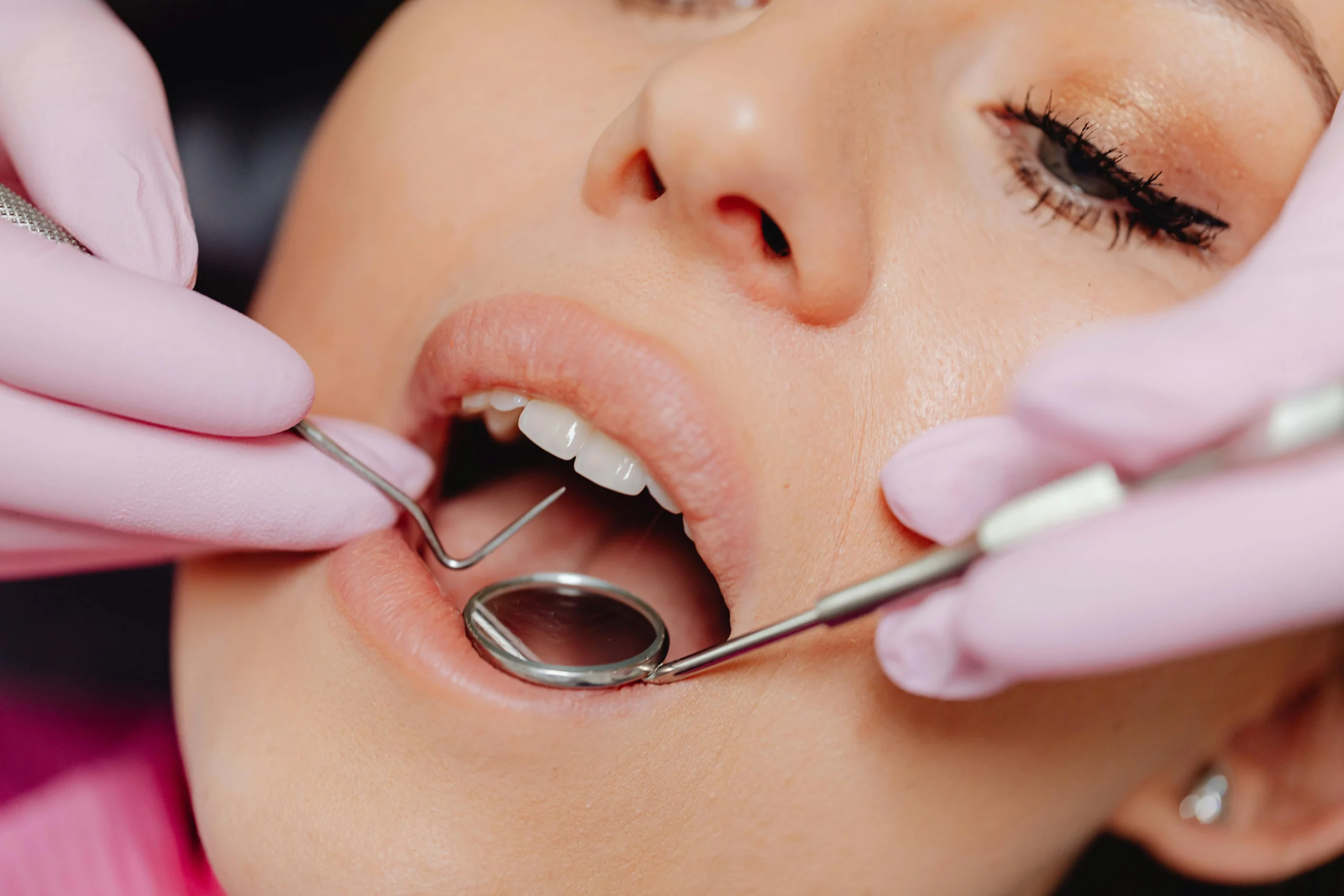Tooth extraction is a common dental procedure that involves the removal of a tooth from its socket in the jawbone. While it’s generally a safe and routine treatment, many patients wonder how long it takes for the extraction site to heal fully. Healing time can vary depending on several factors, including the complexity of the extraction, the type of tooth removed, and how well you follow aftercare instructions. In this blog, we’ll explore the healing process after tooth extraction, what to expect during recovery, and how you can speed up the healing process.
The Initial Healing Phase
When a tooth is extracted, the healing process begins almost immediately. The first 24-48 hours are the most critical, as your body works to form a blood clot in the empty socket to stop the bleeding and protect the underlying bone and nerves. During this time, it’s essential to follow your dentist’s instructions carefully to avoid complications like dry socket, an infection that can occur if the blood clot is dislodged.
The initial healing process usually takes about 1 to 2 weeks for most simple extractions. During this period, you may experience some discomfort, swelling, and bruising around the extraction site. These are normal responses and typically subside as the body starts to heal. Pain is usually manageable with over-the-counter pain medications or those prescribed by your dentist.
Longer-Term Healing (3 to 6 Months)
After the first couple of weeks, the soft tissue in the gum starts to heal, and the wound gradually closes up. However, full bone healing in the area can take much longer. For most patients, it takes about 3 to 6 months for the bone to heal and completely return to its normal state. During this time, the bone where the tooth was removed will begin to remodel and fill in. This healing is essential for maintaining the structure of your mouth and jaw.
For patients who have had a more complex extraction, such as the removal of a wisdom tooth or an impacted tooth, the healing time may be slightly longer due to the increased trauma to the surrounding tissue. These extractions may also require more careful post-operative care to ensure proper healing.
What Affects Healing Time?
Several factors can influence how long it takes for your extraction site to heal fully. Understanding these factors can help you better prepare for the healing process and avoid complications.
- Type of Extraction: Simple extractions (for teeth that are visible and easy to remove) generally heal more quickly than surgical extractions, which involve removing impacted teeth or those below the gumline.
- Age: Younger patients generally heal faster than older individuals. As we age, the body’s ability to repair tissues slows down, which can prolong healing time.
- Overall Health: People with chronic conditions like diabetes or those who smoke may experience slower healing times. Smoking, in particular, can hinder blood flow to the extraction site, which can delay the healing process and increase the risk of complications.
- Post-Operative Care: How well you follow aftercare instructions can significantly affect how quickly and smoothly your healing process goes. Avoiding certain activities, such as sucking through a straw or touching the area with your fingers, can prevent dislodging the blood clot and help promote healing.
Signs of Complications
While most tooth extractions heal without issue, complications can arise. It’s important to be aware of signs that something might be wrong so that you can seek prompt treatment. Some signs of potential complications include:
- Severe pain that doesn’t improve after a few days.
- Persistent swelling or bruising that worsens over time.
- A bad taste or odour in the mouth could indicate an infection.
- Pus or unusual discharge from the extraction site.
- Fever or other signs of infection.
If you notice any of these symptoms, it’s important to contact your dentist as soon as possible to avoid further complications.
Tips to Speed Up the Healing Process
To promote faster healing and minimise discomfort, here are some helpful tips:
- Follow aftercare instructions: Take prescribed medications as directed and keep the extraction site clean.
- Avoid smoking and alcohol: Both smoking and alcohol can delay healing and increase the risk of infection.
- Eat soft foods: Stick to soft foods like yoghurt, soup, and mashed potatoes for the first few days after the extraction.
- Keep your head elevated: When resting or sleeping, keep your head elevated to reduce swelling.
Conclusion
While tooth extraction healing times can vary, most patients will experience full recovery within 3 to 6 months, with the initial healing of the gums taking around 1 to 2 weeks. Following your dentist’s instructions, taking good care of your mouth, and being aware of potential complications can ensure a smooth and speedy recovery.
If you’re considering tooth extraction or have recently had one, Waldron Dental is here to help guide you through the recovery process. Contact us today to schedule a consultation and ensure that you receive the best possible care for your oral health.













